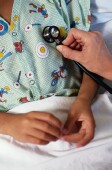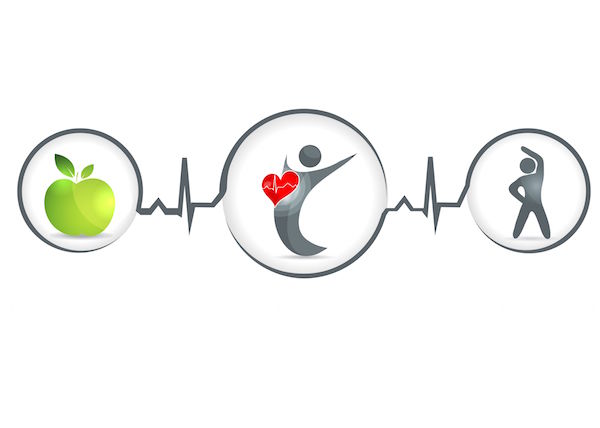
TUESDAY, Oct. 5 (HealthDay News) — A small new study is the latest to suggest that testosterone may boost the health of women with heart failure, without causing serious side effects.
Researchers aren’t yet ready to recommend that their colleagues start prescribing the hormone to female patients. However, the treatment does hold some promise, especially considering the limits of current medicine when it comes to heart failure, said cardiologist Justin A. Ezekowitz, who wrote a commentary about the findings.
“They’re definitely onto something that deserves explanation,” said Ezekowitz, an assistant professor at the University of Alberta in Canada. “We have a hit a wall in terms of what we can do for patients with heart failure. We’ve made a lot of progress, but there are still patients who have symptoms despite the premium blend of medications and fancy devices.”
Heart failure is most common in people who are in their 60s, 70s and beyond. Their hearts fail to pump blood properly due to factors such as previous heart attacks or high blood pressure, Ezekowitz said. The patients are often out of breath and become extremely tired, he said. “This is tiredness where they’re completely out of gas even after walking a block.”
Researchers have previously linked testosterone to better health in elderly men with heart failure. In the new study, researchers randomly assigned 36 women with heart failure to receive normal medical treatment by itself or with skin patches that administered testosterone to their bodies. The results appear in the Oct. 12 issue of the Journal of the American College of Cardiology.
The researchers found that testosterone improved the women’s tolerance for exercise and boosted their muscle strength, said study author Dr. Ferdinando Iellamo, a researcher at the University of Rome Tor Vergata in Italy. All of these factors “play a role in determining the prognosis and survival of female patients with chronic heart failure,” Iellamo said.
The study was funded by the Italian Ministry of Health. The testosterone supplements used in the study were supplied by Proctor & Gamble Pharmaceuticals.
Commentary co-author Ezekowitz said the patients who got the treatment would definitely have noticed a difference. “This is a population of people who are already on the best medications, and on top of that they can have an additional benefit.”
Testosterone occurs naturally in both men and women, and its levels decline with age, Iellamo said. And in both sexes, testosterone can boost the strength and size of muscles.
It appears that the hormone worked in the patients by helping the body’s muscles work more effectively, said Ezekowitz. “The big question is whether it actually improves the heart muscle itself. That needs to be proven.”
The testosterone didn’t appear to cause any major side effects, perhaps because the dose was low. As for cost, Ezekowitz said testosterone is considered an inexpensive drug.
He’s not ready to give it to his heart failure patients, however. “It’s not ready for prime time,” he said. “It needs to be studied properly and we need to make sure it’s safe and holds up in more patients.”
More information
The U.S. National Library of Medicine has more on heart failure.

